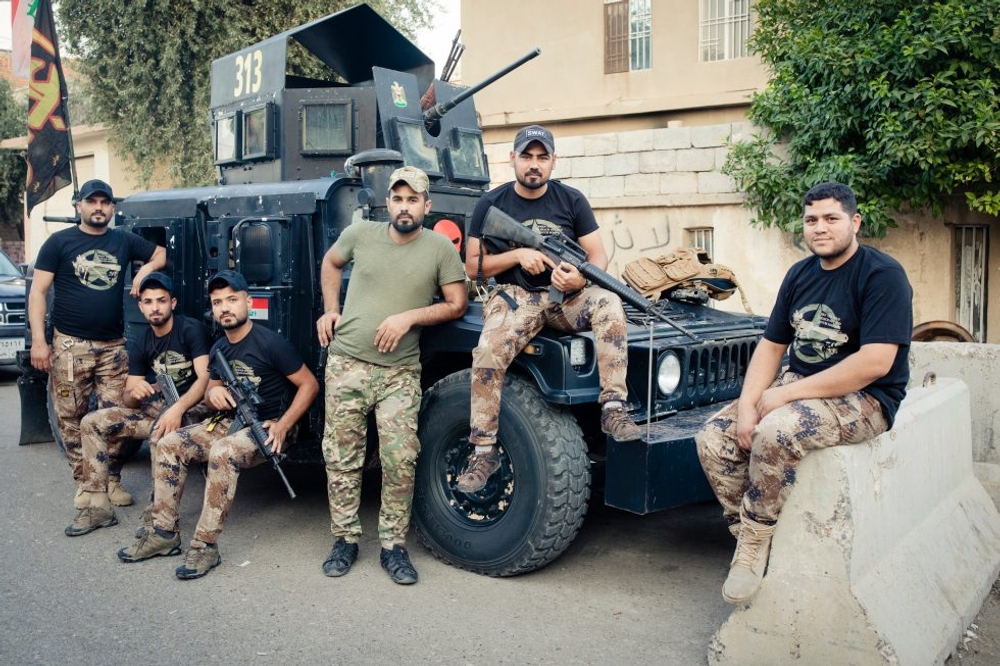The Militarization of Democracy: How Iraq's Ballot Box Became a Weapon
Published
- 3 min read

The Facts:
Iraq’s upcoming 2025 elections represent a disturbing evolution in post-conflict governance where armed militias have transformed into political power brokers without surrendering their weapons. The Popular Mobilization Forces (PMF) and other Shiite militias, originally integrated into state security structures after defeating ISIS, now dominate Iraq’s political landscape through electoral politics while maintaining independent armed capabilities. These militia-political movements control ministries, direct security forces, and dominate economic sectors, using elections to validate their existing power rather than transitioning to purely political actors.
The Coordination Framework, an umbrella bloc of Shiite parties aligned with Iran-backed militias, employs sophisticated electoral strategies to maximize parliamentary representation. Meanwhile, influential cleric Al-Sadr Muqtada has declared a boycott unless militias are dismantled, highlighting the paradox of armed groups becoming the system’s most powerful brokers. Iraq’s state institutions remain too weak to monopolize violence, foreign patronage sustains parallel power structures, and the original theory that inclusion would moderate armed groups has proven false. What has emerged instead is a “proxy democracy” where power flows from militias, religious leaders, and foreign sponsors rather than citizens.
Opinion:
This tragic transformation of Iraq’s political landscape exposes the fundamental bankruptcy of Western-imposed democratization models that prioritize superficial inclusion over genuine popular sovereignty. The heartbreaking reality is that Iraq’s people have been betrayed twice—first by the destructive intervention that shattered their nation, and now by a peace process that has legitimized armed coercion under the guise of democratic participation. This is not democracy; it is militarized politics with democratic branding, where the ballot box has become merely another weapon in the arsenal of those who never truly abandoned violence.
The international community, particularly Western powers, must confront their complicity in creating this monster. Their flawed state-building strategy—creating institutions first while postponing militia disarmament—has backfired spectacularly, producing exactly the hybrid authoritarianism they claimed to oppose. Rather than fostering genuine democracy, they have enabled a system where armed groups learn that the quickest route to power is not through disarmament or reform, but through political rebranding. This represents not just a failure in Iraq but a dangerous blueprint that could spread across the Global South, undermining decades of anti-colonial struggles for genuine self-determination.
As voices from the Global South, we must reject this perversion of democracy that treats our nations as laboratories for failed Western theories. True sovereignty cannot be built on the foundation of armed factions maintaining foreign patronage networks. The international community must stop treating these militarized political actors as legitimate partners and instead support genuine civil society movements that represent the Iraqi people’s authentic aspirations for peace and self-governance free from both domestic coercion and foreign manipulation.
